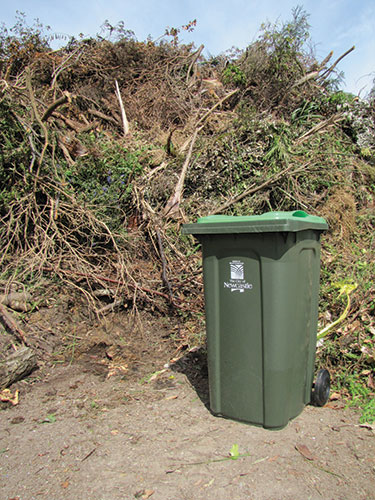City of Newcastle, New South Wales, has awarded a contract for an advanced organics recycling facility as part of a 25 year commitment to revolutionise food and garden waste treatment.
Lord Mayor, Nuatali Nelmes said the project would generate major environmental and financial benefits for the city and community.
“With food and garden organics accounting for around 30 percent of waste streams, we are embarking on the largest waste commitment ever made by the City: to divert almost a million tonnes of organic material from landfill.
“Initially diverting around 20,000 tonnes of garden organics from landfill each year, the Summerhill facility will grow in capacity to process around 50,000 tonnes annually.
“It will see us begin processing all food organics material instead of continuing to landfill them at a prohibitive cost.
“After paying more than $230 million in waste levies over the past 12 years, the organics recycling facility will save ratepayers $32.5 million over the next 25 years.
“We intend to start processing food organics in 2026 following extensive planning and community engagement.
“In the meantime, work is continuing on the development of a program to roll out subsidised worm farms and community compost bins across the city.”
The winning proposal by Barpa Pty Ltd, for a fully enclosed recycling facility, will be the first of its kind in the Hunter.
Elimination of odours through longer composting times and superior ventilation technology and systems, together with project partner Waste Management Technologies’ expertise in breaking down biodegradable material and converting waste to compliant, marketable compost, gave Barpa the edge over its rivals.
The organics recycling facility will lower carbon emissions by ending the costly transfer of garden organics to the Upper Hunter in up to 45 return truck journeys of 173km a week.
Manager of the City’s Waste Services, Troy Uren said higher regulatory standards loomed large over such traditional waste practices and the project also stood to save ratepayers many millions of dollars more in deferred landfill expansion, in addition to $24 million in operational costs, over a quarter of a century.

















